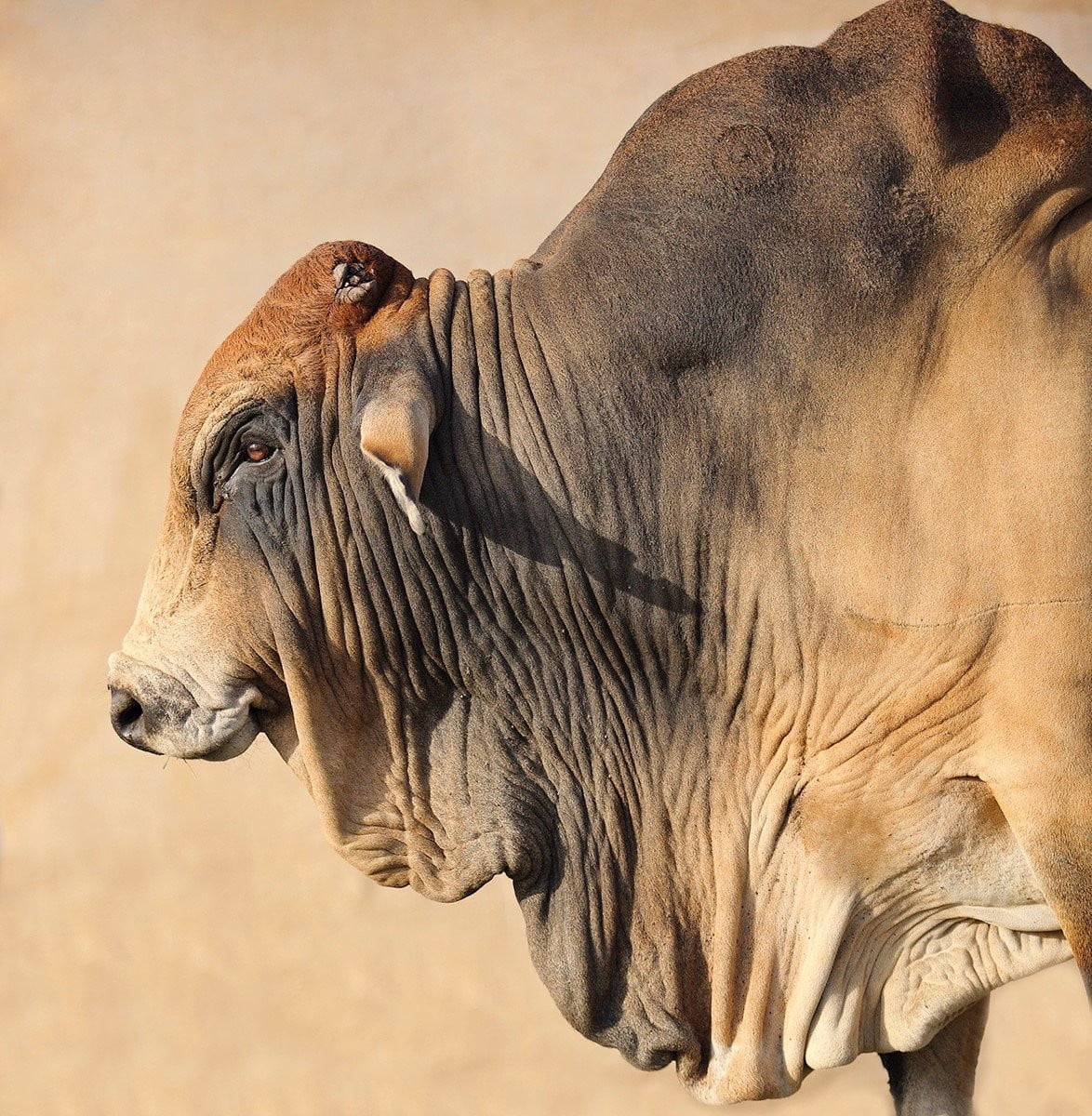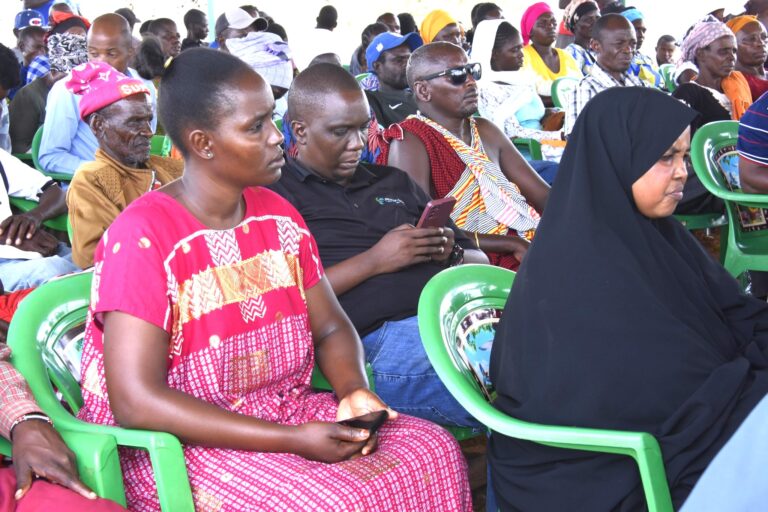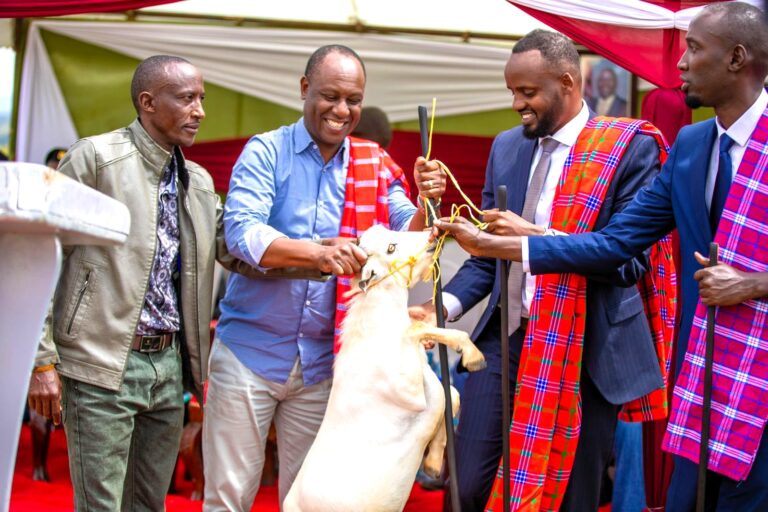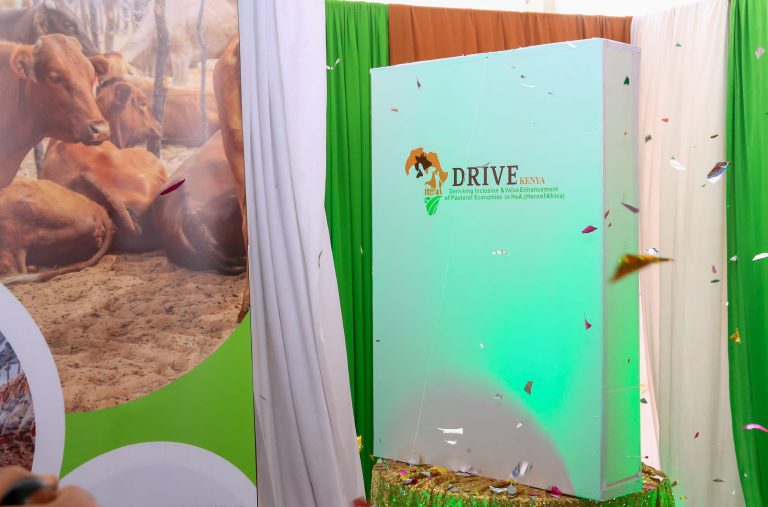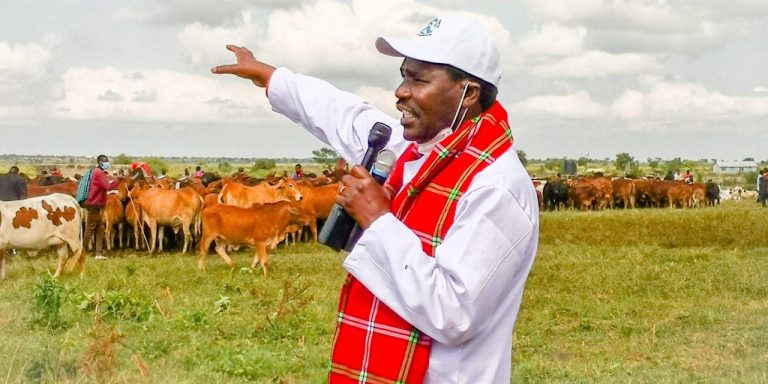By Suleiman Mbatiah
African women in the livestock trade subsector continue to face significant gender-based gaps, among them limited access to credit, market opportunities, and education, which hinder their ability to fully contribute to both local and national economies.
Despite being key players in the sector and responsible for the care and management of a significant portion of livestock, women face systemic barriers that prevent them from expanding their businesses or accessing the resources they need for growth.
In the north-eastern parts of Kenya, for example, women are more likely to be excluded from formal financial systems, often due to religious norms, lack of collateral, and low levels of financial literacy. This lack of access to credit hinders their ability to invest in livestock, purchase inputs, or scale their businesses.
Ms. Hawa Dekow, a leader of Women in Livestock Trade in Garissa County, says that many banking institutions fail to support women-led businesses by not offering a wide variety of affordable products, services, and personalized financial solutions designed specifically for women entrepreneurs.
Additionally, the absence of customized advisory services, she laments, means that women entrepreneurs often miss out on critical financial literacy training and guidance, leaving them less equipped to manage and grow their businesses effectively.
“For example, only a few banks offer Sharia-compliant packages that can support women in business. We are left with no viable options. This neglect is pushing us out of the livestock trade, leaving us to struggle without the financial assistance we need to succeed like our male counterparts,” says Ms. Dekow.
She further states that women, especially in rural areas, lack market information, networks, or resources to connect with buyers; as a result, they often sell their products at lower prices or face exploitative middlemen who take advantage of their limited bargaining power.
Furthermore, cultural and societal barriers restrict women’s decision-making power and participation in leadership roles within the livestock trade. In many communities, women are expected to prioritize household responsibilities, limiting their ability to attend training, engage in policy advocacy, or participate in livestock-related organizations.
Ms. Fatuma Osman, the Director of Wajir Milk Traders Organization, says women in livestock marketing often face intense competition from their male counterparts, who sometimes inflate prices to outbid women lacking the same financial leverage.
She explains that this strategic pricing pressure prevents women from purchasing livestock at competitive rates, forcing them to step back from primary trading roles and reducing them to intermediaries or brokers, earning only minimal profits.
“Without the same financial muscle, we can’t match their bids, so we’re often pushed out of direct trade. This forces us into broker roles, where we make only a fraction of the profit. It’s frustrating because we have the willpower, but the financial barriers and male chauvinism hold us back,” says Ms. Osman.
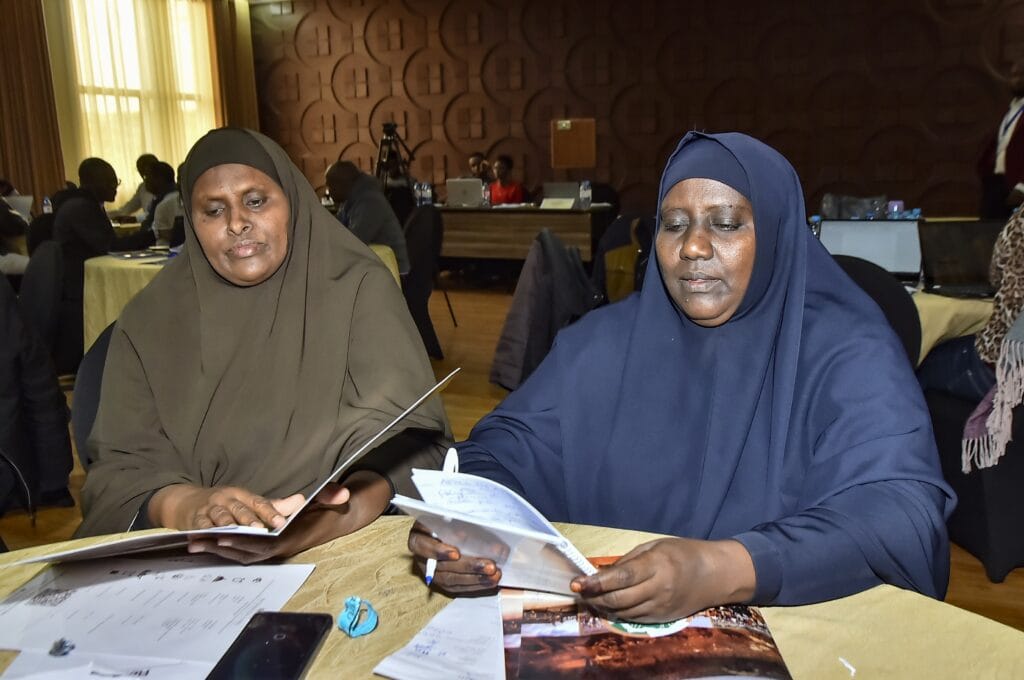
This concerning gender gap in livestock trade has caught the attention of policymakers and development partners who argue that closing the gender gap in the livestock market sector could lead to a substantial increase in productivity, food security, and rural income levels.
To address these gaps, the African Union Inter-African Bureau for Animal Resources (AU-IBAR), with support from the Bill & Melinda Gates Foundation, is spearheading the establishment and operationalization of a regional livestock marketing platform.
The African Pastoral Markets Development (APMD) Platform, currently being validated by analysts and implementers, aims to strengthen the role of pastoralism in promoting inclusive economic growth, sustainable development, and improved livelihoods.
“The implementation of the APMD Platform will give us the opportunity to overcome these barriers. By fostering collaboration and embracing innovation, we can unlock new pathways for sustainable growth,” says AU-IBAR Director Dr. Huyam Salih.
AU-IBAR is a specialized technical office of the African Union Commission (AUC) and operates under the Director, who reports to the AUC via the Department of Rural Economy and Agriculture (DREA). The pan-African initiative seeks to promote market-driven, adaptive transformations in pastoralism and is key to advancing inclusive agricultural growth across Africa.
For Dekow and thousands of other women in the pastoral livestock trade subsector, she remains hopeful that this initiative will include financial literacy training, access to microloans, market information platforms, and policy reforms aimed at creating a more inclusive and equitable business environment.
The APMD Platform has a policy environment, data ecosystem, and integration into markets as the main pillars, with the main pillar being the integration of the private sector into markets, supported by the enabling policy environment and functional data ecosystem.
According to Professor Ahmed Elbeltagy, the APMD Platform Coordinator, the initiative has three cross-cutting lenses: women and youth, nutrition security, and climate change, with a keen focus on women and youth in the livestock marketing environment.
“They are somehow prevented from free access to the markets and selling their animals, even if they go early in the morning before the men come to the market, and such things. So, the project will consider this multiple gender inclusivity and support the women and youth to have equal access to markets and benefit sharing,” Professor Ahmed affirmed.
In the same breath, the Kenyan government has raised a red flag over the non-inclusion of women and youth in decision-making processes, both at the community and national levels, to ensure that their unique needs and challenges are better addressed.
According to the Department of Livestock Development, the government has prioritized policy formulation and interventions with the active participation and involvement of women in formal livestock-related businesses along the livestock and livestock products value chains.
“Women livestock production and marketing groups and cooperatives will be linked to local and international markets. We will enhance quantities and quality of the livestock and livestock products for market competitiveness,” notes Principal Secretary Mr. Jonathan Mueke.
For Ms. Dekow and Ms. Osman, addressing the gender-based disparities that limit their access to resources and opportunities, African nations can not only empower women but also drive economic growth, improve food security, and create more inclusive societies.


